Corporate buyers are increasingly accepting that group captive projects are the most cost-effective and low-risk structures available to help them meet their renewable sourcing targets—according to a World Business Council for Sustainable Development report that is co-authored by CleanMax Solar co-founder Andrew Hines and CLP India’s Dipjay Sanchania.
The report—titled Corporate Renewable PPAs in India: A Market and Policy Update for 2019—stated that with the Karnataka government not extending open access waiver into 2019 and most of the other state governments not replicating the policy elsewhere, there is growing corporate interest in market-led group captive projects.
Group captive solar projects are those where the consumer of the power holds at least 26% of the equity ownership. Under India’s Electricity Act (2003), these projects are exempt from the cross-subsidy surcharge—the largest and most unpredictable component of grid charges for open access power.
Significantly, “in 2018, India’s clean power procurement for businesses through power purchase agreements crossed the 1 GW mark for the first time. Much of the utility-scale renewable energy capacity addition for corporate procurement came from Karnataka, due to the state’s policy of complete grid charges waiver for wheeling of power for 10 years”—according to the report.
An estimated 100 corporate buyers signed long-term power purchase agreements for solar in the state. Combined with government tenders, these open access projects catapulted Karnataka into the number one position among Indian states, with more than 6,000 MWp (megawatt peak) now operational.
Major drivers
The report highlighted that the Electricity Act protects fully compliant group captive solar projects from the cross-subsidy surcharge, making these a suitable way for corporate buyers to secure power at low costs and avoid regulatory uncertainty.
In the past, many companies have not considered group captive projects in order to avoid the complexity of holding shares in a project holding company.
However, corporate buyers are increasingly accepting that group captive projects are the most cost-effective and low-risk structures available to help them make further progress on their renewable sourcing targets.
“With so many corporate buyers leading the way in solar procurement in 2018 in Karnataka, many others are looking to follow. Demand for group captive projects in large industrial states such as Maharashtra, Haryana, Andhra Pradesh and Telangana will likely fill the space vacated by the withdrawal of open access waivers in Karnataka,” stated the report.
The report further highlighted the rise of group captive renewable projects over the procurement of traditional power on power exchanges.
“Most consumers compare the financial evaluation of group captive solar or wind to the cost of grid electricity, but a large number of companies also procure power on exchanges such as the Indian Energy Exchange. Companies that want to avoid power price volatility on the exchanges favor renewable power procurement via open access or group captive solar,” it stated.
This content is protected by copyright and may not be reused. If you want to cooperate with us and would like to reuse some of our content, please contact: editors@pv-magazine.com.
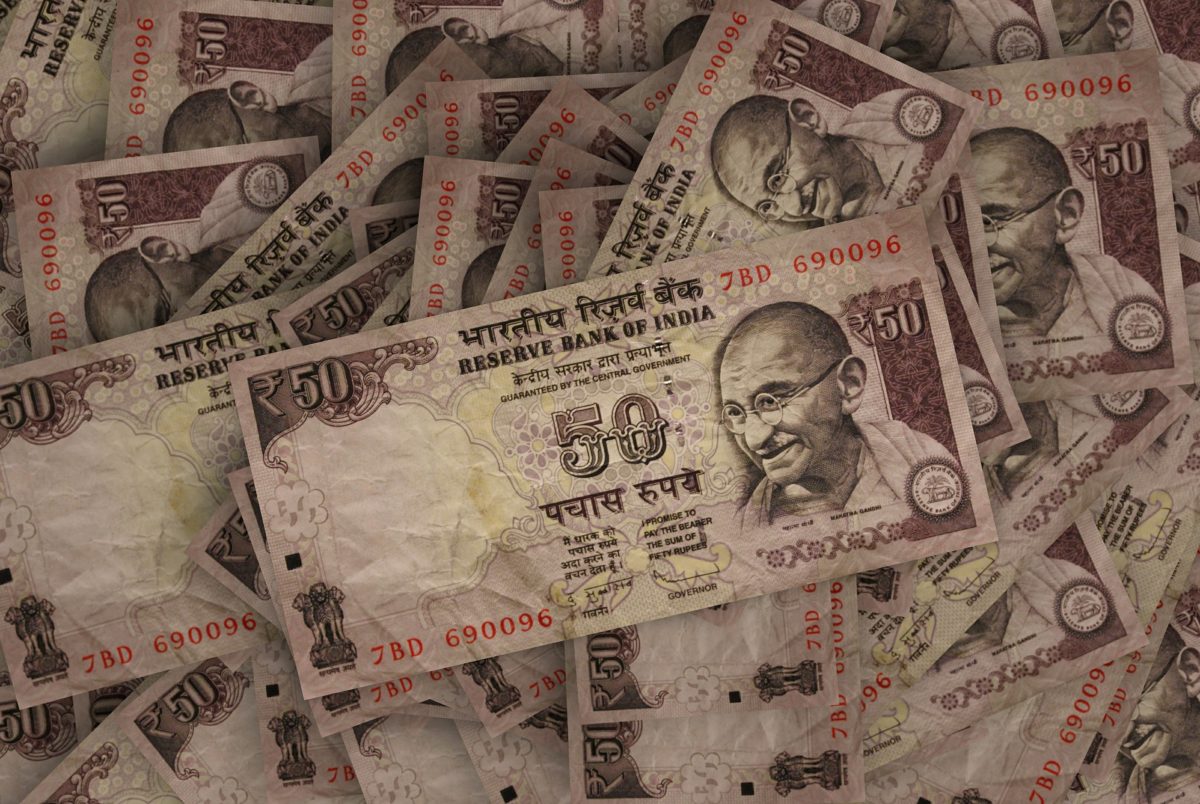
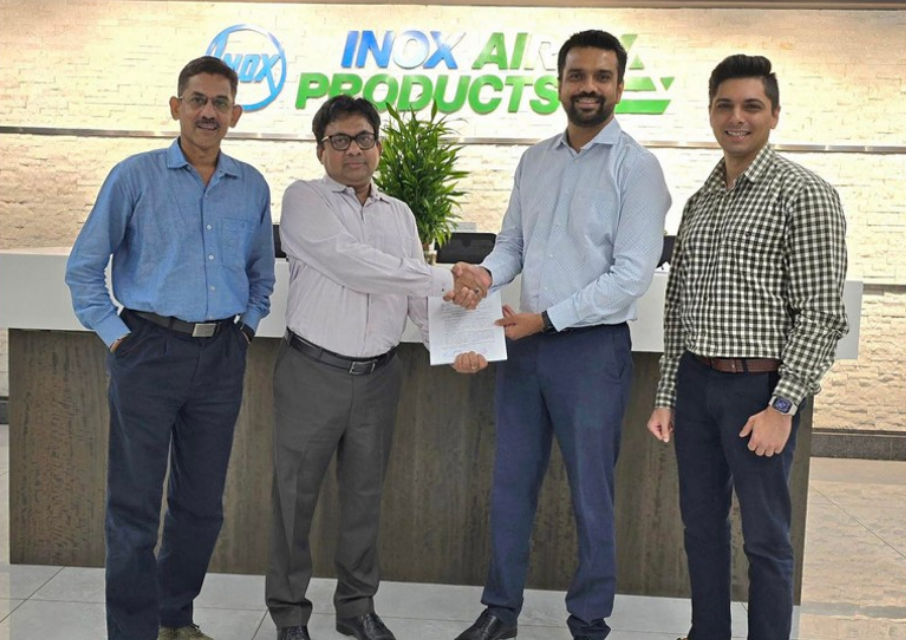


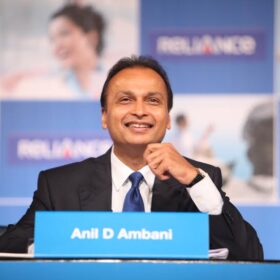


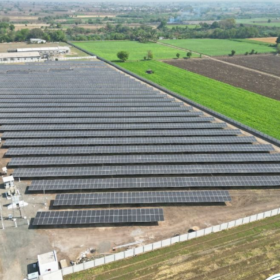
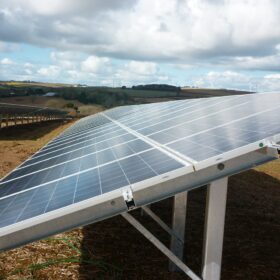
Buying/Selling Wind- Solar Hybrid/Power
 Power Sale or Purchase Consultancy Services WIND-SOLAR HYBRID/POWER
Power Sale or Purchase Consultancy Services WIND-SOLAR HYBRID/POWER
 New Wind Turbine (Consultancy Support Services)
New Wind Turbine (Consultancy Support Services)
 Buying/Selling Old Wind Turbine
Buying/Selling Old Wind Turbine
 Buying/Selling Old Scrap Wind Turbine
Buying/Selling Old Scrap Wind Turbine
 ALL Type Wind Turbine & Transmission line and Solar Solar, Spare Parts Suppliers
ALL Type Wind Turbine & Transmission line and Solar Solar, Spare Parts Suppliers
Our Consultant & Service Providers as Per Customer’s Requirements*
Type of Services
Energy generation with respect to wind resource and solar radiation, Wind Turbine/Solar system failures needs to be critically monitored. We examine, diagnose system problems and prescribe suitable solutions. also analyze to optimize generation
Please Feel Free To Contact Me If You Need Any Further Information. Anytime
Call +91 85118 66666
Email :- support@pujawindservice.com
Greetings from Puja Wind Service